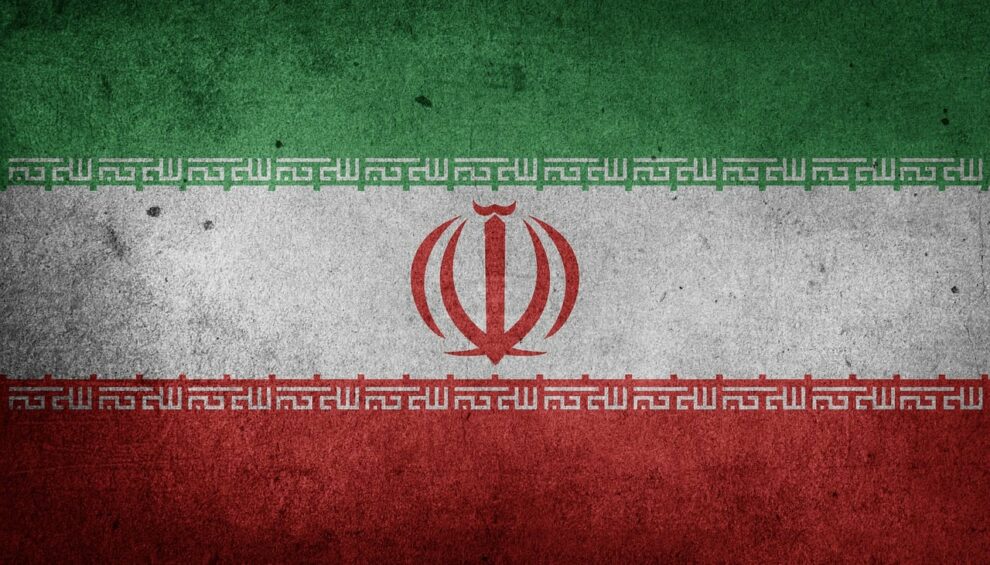With its strikes in Syria and Iraq, Iran has sought to “flex its muscles” in the fallout of the Israel-Hamas war without provoking a confrontation with the United States, analysts said.
In neighbouring Iraq, the strikes by Iran’s Revolutionary Guards targeted an alleged Israeli “spy headquarters” in the autonomous Kurdish region in response to the assassination of Iranian and pro-Iranian commanders in recent weeks.
In Syria, the strikes targeted the Islamic State jihadist group in response to twin suicide bombings that killed around 90 people at an official memorial event in southern Iran earlier this month.
“There was an immense amount of pressure on the leadership in Tehran to flex its muscles in response to a series of setbacks it had suffered for the past few weeks,” Ali Vaez, director of the Iran Project at the International Crisis Group told AFP.
“This is kind of a show of force with the twin objective of satisfying core constituents at home and also without escalating tensions with the US and Israel.”
The US State Department condemned the Iranian strikes as “reckless” but a White House spokesperson said no US personnel or facilities were hit.
Iraq summoned Iran’s envoy in Baghdad and recalled its ambassador from Tehran for consultations in a sharp rebuke to its ally over the “attack on its sovereignty”.
Iraq’s National Security Adviser Qassem al-Araji challenged Iran’s claim that the target of the Arbil strike was an Israeli intelligence headquarters, saying after a tour of the damaged building that it showed every evidence of having been the family home of an Iraqi businessman.
The official IRNA news agency said the Syria attack was “the longest missile launch by Iran with a range of 1,200 kilometres (750 miles)” that can be interpreted as a “direct message to Israel.”
“Iran continues to proactively and dynamically back the anti-Israeli campaign,” said Tohid Asadi, professor at the University of Tehran.
Iran has made support for the Palestinian cause a centrepiece of its foreign policy since the 1979 Islamic revolution.
The Islamic republic supports Palestinian militant group Hamas and hailed its deadly October 7 attacks on Israel as a “success” while denying any direct involvement.
Asadi noted that Iran is aware “that any direct intervention will run the risk of dragging the region into a full-fledged all-out confrontation”
“This is the least favourite scenario for Iran,” he added.
International affairs specialist Fayyaz Zahed agreed.
“Neither Iran, nor the United States, nor the other powers are interested in a direct conflict. But each of them plays their own cards,” he said.
Zahed said a characteristic of supreme leader Ayatollah Ali Khamenei’s 35 years in power was to “avoid war” while maintaining the influence of Iran’s military.
Since the outbreak of the Israel-Hamas war on October 7, Lebanon’s Iran-backed Hezbollah movement and Israeli forces have been exchanging regular cross-border fire.
Yemen’s Iran-aligned Huthi rebels have launched a spate of missile and drone attacks targeting Red Sea shipping which has prompted many firms to avoid the waters.
Last week, the United States and Britain hit more than 30 military sites held by the Huthis in strikes condemned by Tehran.
On Tuesday, Khamenei hailed the Yemeni rebels for their actions saying “these efforts will continue until victory.”
Iran says it sees it as “duty” to support what it calls “resistance groups” in the region but insists they are “independent” in decision and action.
“We are already in a regional war,” said Vaez.
“The events of the past 24 hours clearly demonstrated this has already started even though its still at a low simmer.”
